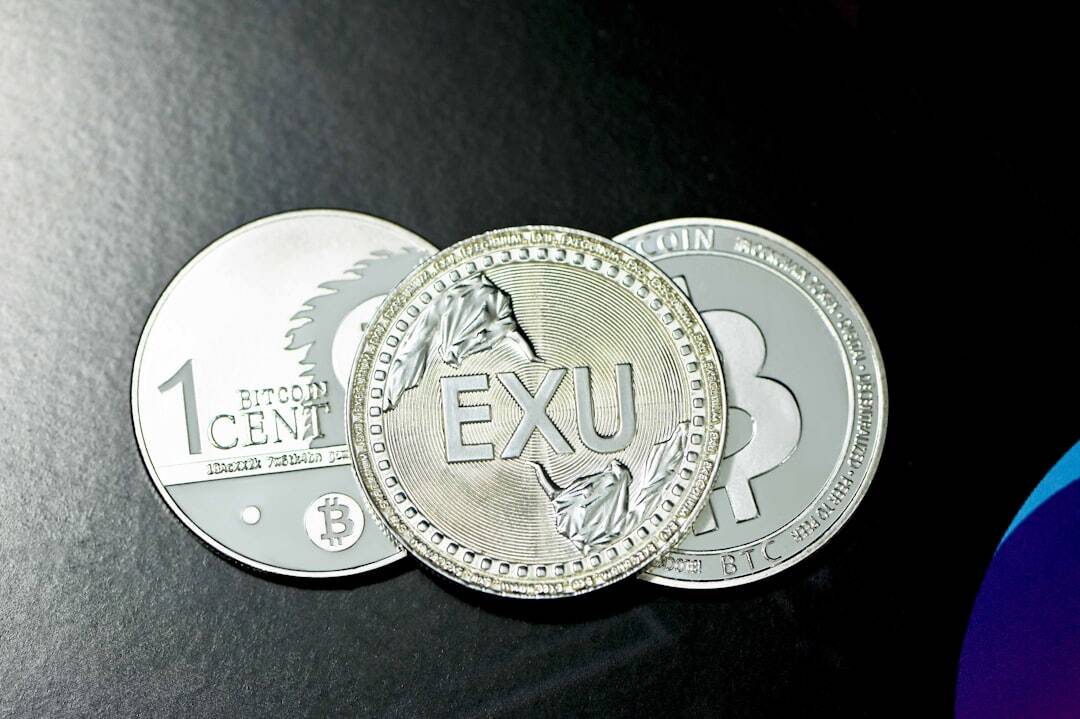As the popularity and adoption of cryptocurrency continue to grow across the globe, one of the most compelling developments is the European Union’s approach to regulating digital assets. A key part of this evolution is the introduction and implementation of the Europe crypto license, a unified legislative framework aimed at overseeing the provision of crypto-related services. Understanding how to obtain a crypto license in Europe is crucial for anyone looking to operate legally and successfully in the European blockchain ecosystem.
Understanding the Europe Crypto License
In June 2023, the European Union introduced a new regulatory framework for crypto asset markets called MiCA (Markets in Crypto-Assets). This regulation aims to bring legal clarity and standardized requirements across EU member states for crypto exchanges, wallet providers, and token issuers.
With MiCA regulations in place, crypto-related businesses are now required to obtain a crypto license to operate legally within the EU. This framework makes it easier for providers to offer services across all 27 EU countries under a single license, enhancing both investor protections and market integrity.

Key Requirements to Obtain a Crypto License
To be eligible for a Europe crypto license, businesses need to meet specific conditions. These include:
- Corporate registration: The company must be legally registered in an EU member state.
- AML & KYC procedures: Anti-Money Laundering (AML) and Know Your Customer (KYC) protocols must be in place.
- Capital requirements: Depending on the type of services offered, providers must hold a minimum capital (often ranging from €50,000 to €150,000).
- Qualified management: Key personnel must demonstrate adequate experience and good reputation in financial or IT domains.
- Security and compliance: Appropriate cybersecurity and audit mechanisms are mandatory.
Licensing authorities may also require a detailed business plan, proof of financial stability, and internal policies for risk management.
Main Types of Crypto Licenses Under MiCA
MiCA outlines classification for different kinds of crypto assets, which means there are various license categories matching different services. The main types include:
- Exchange service license: For platforms offering crypto-to-crypto or crypto-to-fiat trading.
- Wallet provider license: For custodial services managing users’ private keys.
- Token issuer license: For companies launching Initial Coin Offerings (ICOs) or other token offerings.
- Stablecoin-related license: Required for issuing asset-referenced or e-money tokens.

The availability of these licenses ensures regulators can monitor different facets of the industry, reducing the risk of fraud, misuse, or mismanagement.
Benefits of Acquiring a Crypto License in Europe
Securing a European crypto license offers significant advantages:
- Market access: A single license allows companies to operate in all EU member states.
- Regulatory legitimacy: Users and investors gain increased trust due to legally compliant operations.
- Competitive edge: Early compliance can distinguish a business from competitors lacking formal authorization.
- Banking support: Licensed entities find it easier to access banking and financial services.
While the application process can be challenging and resource-intensive, the long-term benefits are significant for companies planning to scale and remain sustainable.
Companies seeking to expand internationally may also explore other jurisdictions for complementary licenses, such as the Comoros forex license, to diversify their regulatory coverage and strengthen investor confidence.
FAQ – Europe Crypto License
- What is the Europe crypto license?
It is a legal authorization required to operate crypto-related services (like exchanges and wallet services) within the European Union under the MiCA regulation. - Is the license valid across all EU countries?
Yes. Once issued by one member state, the license allows operations across the entire European Economic Area through passporting rights. - How long does it take to get a crypto license in Europe?
The approval process can take anywhere from 3 to 6 months, depending on the complexity and preparedness of the application. - Do I need a physical office in the EU?
Yes, most licensing authorities require a local presence—in the form of a registered office and responsible management—in the country of application. - Is MiCA already in effect?
MiCA was adopted in 2023, with full implementation expected to take place throughout 2024, including a transition period for existing market participants.
The European crypto license is a bold but necessary step to bring transparency and responsibility to a booming industry. For entrepreneurs and investors alike, understanding the legal landscape is crucial for risk mitigation and long-term success in the European crypto economy.